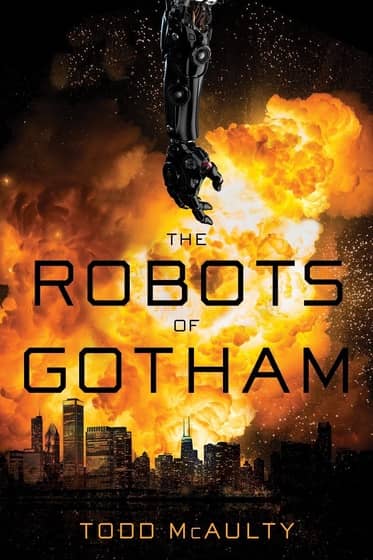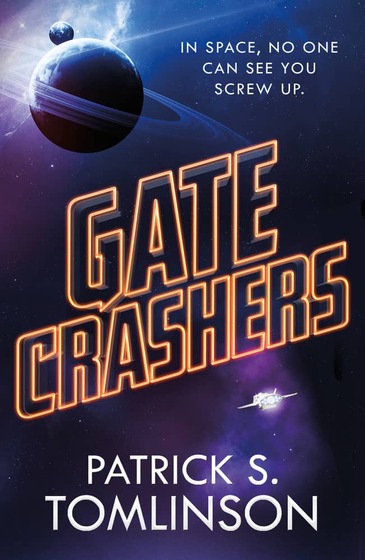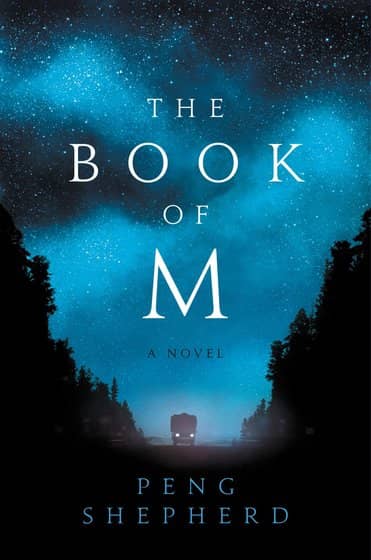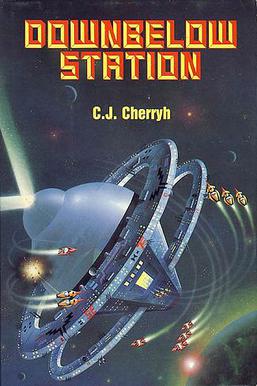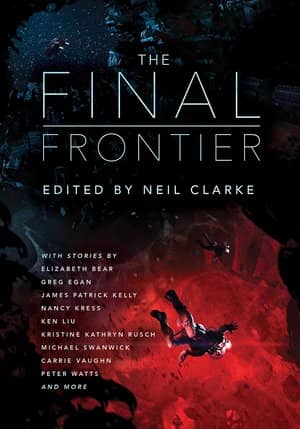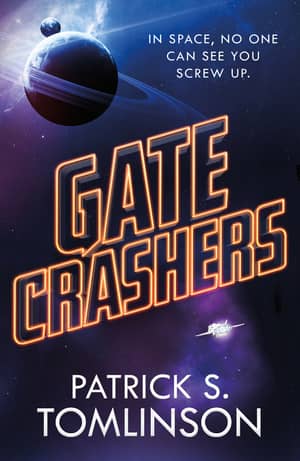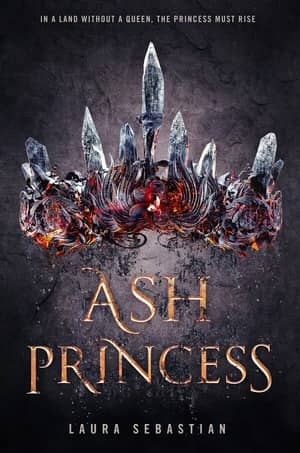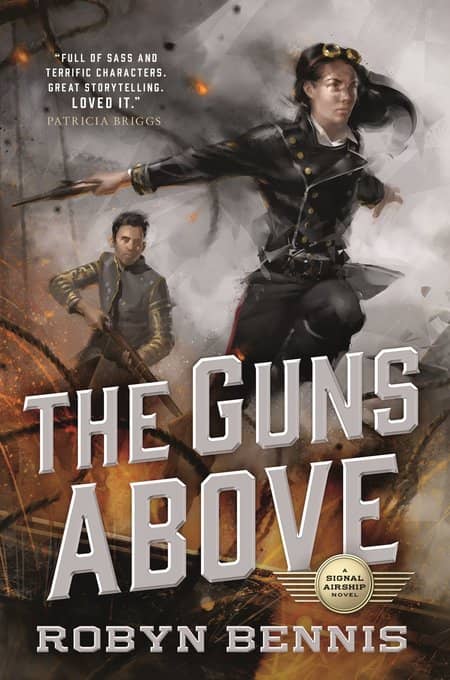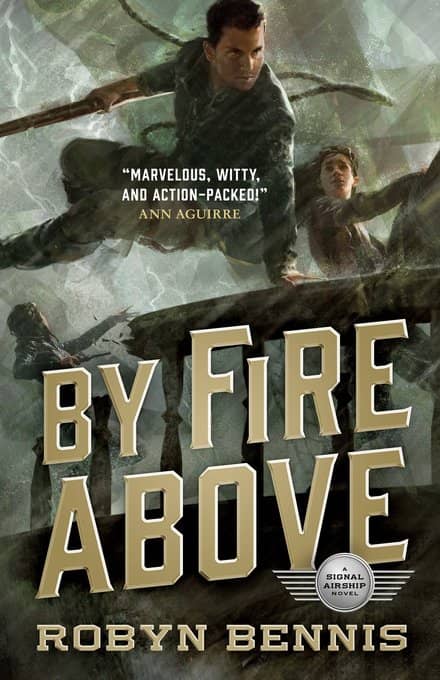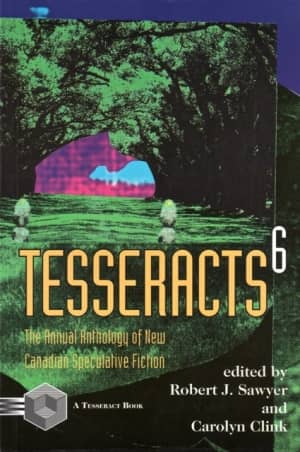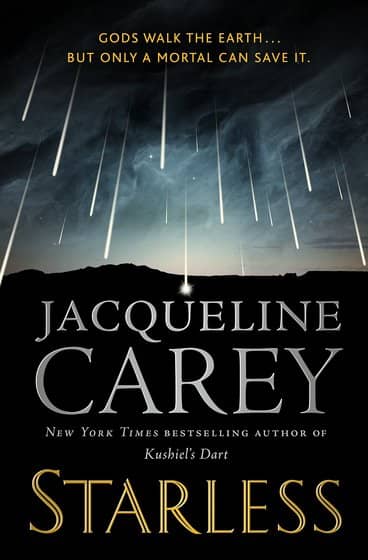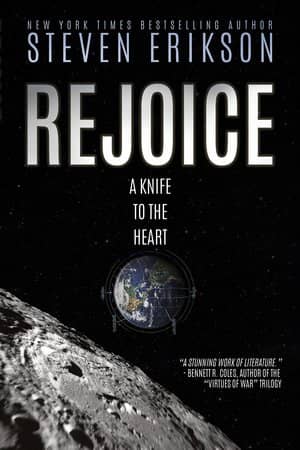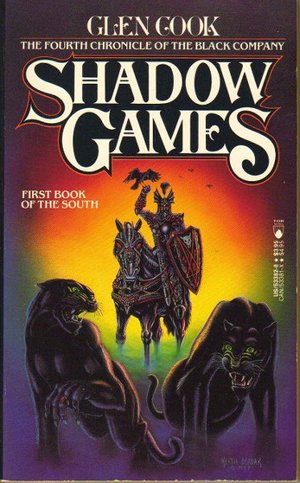 If the previous book, The Silver Spike, told of endings, Shadow Games (1989) is about beginnings.
If the previous book, The Silver Spike, told of endings, Shadow Games (1989) is about beginnings.
Picking up at the end of The White Rose (and taking place at the same time as The Silver Spike), Croaker, newly elected captain of the Black Company, decided he and any remaining members would return to Khatovar. With only six soldiers and Lady, it’s the only thing Croaker can think of doing: return the Company to its home. Unfortunately, neither Croaker nor anybody else knows precisely where Khatovar is (other than two continents away to the south) nor what it is. The Company’s annals describe it as one of the Free Companies of Khatovar, but the volumes from the first of the Company’s four centuries of existence were lost somewhere along the way. Trouble magnet that it is, and with a lost history brimming with evil deeds, the Black Company is certain to have a difficult path to Khatovar.
Shadow Games is the fifth of The Black Company books I’ve revisited, and so far my favorite. I suspect some will cry “Heretic!” So be it. Again be warned, there be spoilers below.
Even more than in the earlier books, Croaker is the lead character. As Captain, it’s he who is now responsible for the Company’s actions. Before, he was only an observer of the goings on of great men and women, now he is one of them. Cook presents him as the same snarky romantic from the previous volumes, but now he’s constrained by his position as the face and brains of the Company. The reader also gets to see the various levels of military preparation, only alluded to before, that go on in the Black Company.
As given to introspection as he’s always been, several of Croaker’s ruminations are deeper, and underline his separation from the world beyond the Company.
I ordered a day of rest at the vast caravan camp outside the city wall, along the westward road, while I went into town and indulged myself, walking streets I had run as a kid. Like Otto said about Rebosa, the same and yet dramatically changed. The difference, of course, was inside me.
I stalked through the old neighborhood, past the old tenement. I saw no one I knew — unless a woman glimpsed briefly, who looked like my grandmother, was my sister. I did not confront her, nor ask. To those people I am dead.
A return as imperial legate would not change that.
Something Croaker has mentioned several times over the series is that the Company is constantly changing. At one point in past centuries, the men of the Black Company were actually all black. By the time of the original trilogy, the only such member is One-Eye. As Croaker and friends go south, they slowly enroll new members. The greatest find are the Nar in the city of Gea-Xle. They are the descendants of members of the original Company who put the city’s reigning dynasty in power and stayed on as a hereditary caste of warriors. Croaker describes their leader, Mogaba, as the “the best pure soldier” he ever met. Gradually, Croaker builds on his pitiful remnant and something resembling a real fighting force, able to at least protect itself from the dangers of the road, is reborn.
…
Read More Read More
